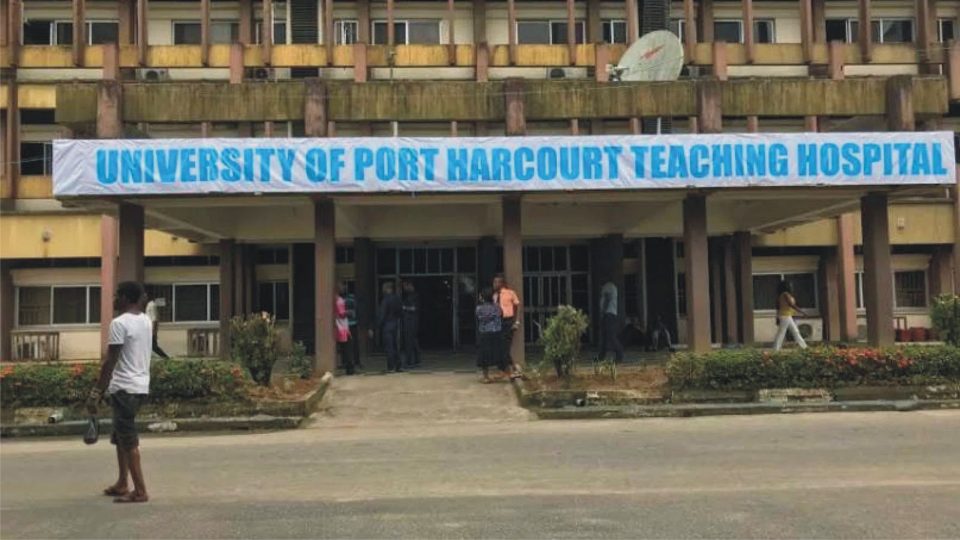…Call for strengthening of Regional Medical Centres
By Felix Ikpotor
The University of Port Harcourt Teaching Hospital, UPTH said it has recorded major successes in Minimal Access Surgeries.
This is even as the hospital is seeking to upscale the technique, against the conventional open incision method.
Minimal Access Surgical technique according to the hospital’s management involves accessing surgical sites in the human body with the aid of cameras and other equipments without necessarily putting a big cut on the tissue to gain access.
This disclosure was made at the monthly ground rounds of the hospital by the Minimal Access Surgery Unit titled, “Minimal Access Surgeries in UPTH: Past, Present and Future.”
Addressing newsmen shortly after the presentation, the Chairman, Medical Advisory Committee, UPTH, Professor Datonye Alasia, highlighted the benefits of the technique, saying that the procedure is more economical than the conventional method.
He said the aim of the ground round was to create an avenue for cross fertilization ideas, discuss achievements and challenges facing the different departments in the hospital, as well as create awareness to members of the public about specialised and high-end services which the hospital provides.
“So today’s ground rounds was focused on minimally invasive or access surgeries, talking about those procedures you carry out without putting a big cut to gain access to the surgical site using cameras and some delicate equipment either to diagnose what the problem is or to offer treatment which could be surgical.”
“This cuts across various areas, the intestinal tract, the chest, thorax lungs, the heart, the brain, kidneys and urinary tract, obstetrics and gynecology and even children. So what we have today was a summation of all of those services and so we have been able to see a whole lot of interesting things that have given benefits to many patients and of course those services would have come at a cost that is more affordable and competitive because of you were to pay for those services in other places, it would actually cost a bit more.
“So we are working to see how we can scale up the extent of the minimal access services so that we can do much more than we are currently doing now,” Alasia stated.
On his part, the Director UPTH Minimal Access Surgery Programme, Professor Emeka Ray-Offor who led the presentation urged members of the public request minimal access surgery whenever there’s a need for surgery, stressing that it engenders early recovery and it is time saving.
Ray-Offor said, “The traditional open method is okay, but the advantages in this minimal access technique, I want to re-emphasize, has less pain afterwards, early recovery, early return to work.
“The question the public should ask is, can this be done by minimal access technique, and if it can, is the capacity to do it readily available locally, and we have demonstrated from the cases that we put together that this is possible. So the public should go towards demanding minimal access techniques whenever surgery is to be done, in UPTH, a lot is happening despite the challenging times.”
He however, used the opportunity to call on the Federal Government to strengthen specialised regional medical centers in the country to discourage medical tourism abroad.
“We should really look inwards to solving our problems, if the amount of monies given to civil servants to go for medical treatments abroad is brought home and you have dedicated centers regionallyand well funded, it will help to address this challenges. Although, government cannot do all of it, but we have good natured individuals in the private sector that can get involved.
“The government should make concerted efforts to encourage some of those practices that people are going abroad for and put a policy that no treatment available here should be sought abroad, if they are doing that, things would improve, for example if you come to the hospital and hear that the governor is admitted in one ward, when you have a health challenge, you will equally go to same place where the governor was admitted.
“We need to identify our strengths and strengthen it even more through regional centers, it is pretty capital intensive to have this technology dependent practices in every state, so to say, regional centers, equip them, instead of sending people outside for medical tourism,” he said.

